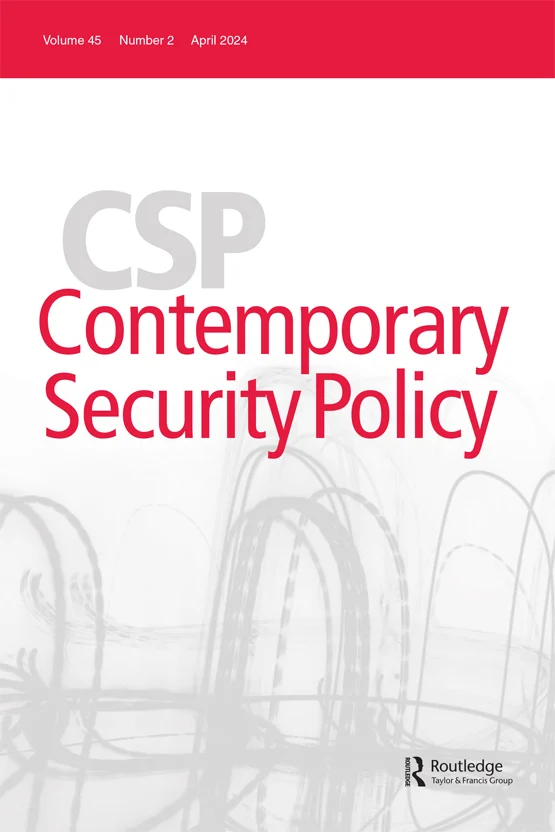填补空白:亚太秩序问题和新兴的印太地区多边主义
IF 5
1区 社会学
Q1 INTERNATIONAL RELATIONS
引用次数: 8
摘要
在苏联领导的共产主义集团垮台30年后,美国领导的自由主义国际秩序被视为走向终结。决策者们一致认为,有必要在新创造的“印度-太平洋”地区维护“基于规则的秩序”。然而,政策和学术辩论对于究竟要保留什么缺乏清晰度,以及为什么“基于规则的秩序”和“印度-太平洋”这两个术语迅速进入政策辩论,尽管它们的含义存在争议。分析区域多边主义的发展,我们发现主流话语主张静态的秩序概念,这往往与以美国为中心的跨太平洋联盟关系混为一谈。随之而来的秩序问题在很大程度上源于这样一个事实,即自1990年代初以来开展的建立替代秩序的多边项目仍远远低于其潜力。我们的结论是,在扩大的“印太”地区,新兴形式的多边合作部分填补了这一空白。本文章由计算机程序翻译,如有差异,请以英文原文为准。
Filling the void: The Asia-Pacific problem of order and emerging Indo-Pacific regional multilateralism
ABSTRACT Thirty years after the downfall of the Soviet-led communist bloc, the United States-led liberal international order is seen as coming to an end. Policymakers have converged on the need to safeguard the “rules-based order” across the newly coined “Indo-Pacific” region. However, policy and scholarly debates lack clarity about what exactly is to be preserved, and why the terms of the “rules-based order” and the “Indo-Pacific” have rapidly found their way into policy debates despite their contested meaning. Analyzing developments in regional multilateralism, we find that mainstream discourses purport static conceptions of order, which are often conflated with United States-centered trans-Pacific alliance relationships. The ensuing problem of order stems in large part from the fact that multilateral projects for building alternate orders, undertaken since the early 1990s, have remained far below their potential. We conclude that emerging forms of multilateral cooperation across the enlarged “Indo-Pacific” region have partially filled this void.
求助全文
通过发布文献求助,成功后即可免费获取论文全文。
去求助
来源期刊

Contemporary Security Policy
Multiple-
CiteScore
14.60
自引率
6.80%
发文量
22
期刊介绍:
One of the oldest peer-reviewed journals in international conflict and security, Contemporary Security Policy promotes theoretically-based research on policy problems of armed conflict, intervention and conflict resolution. Since it first appeared in 1980, CSP has established its unique place as a meeting ground for research at the nexus of theory and policy.
Spanning the gap between academic and policy approaches, CSP offers policy analysts a place to pursue fundamental issues, and academic writers a venue for addressing policy. Major fields of concern include:
War and armed conflict
Peacekeeping
Conflict resolution
Arms control and disarmament
Defense policy
Strategic culture
International institutions.
CSP is committed to a broad range of intellectual perspectives. Articles promote new analytical approaches, iconoclastic interpretations and previously overlooked perspectives. Its pages encourage novel contributions and outlooks, not particular methodologies or policy goals. Its geographical scope is worldwide and includes security challenges in Europe, Africa, the Middle-East and Asia. Authors are encouraged to examine established priorities in innovative ways and to apply traditional methods to new problems.
 求助内容:
求助内容: 应助结果提醒方式:
应助结果提醒方式:


